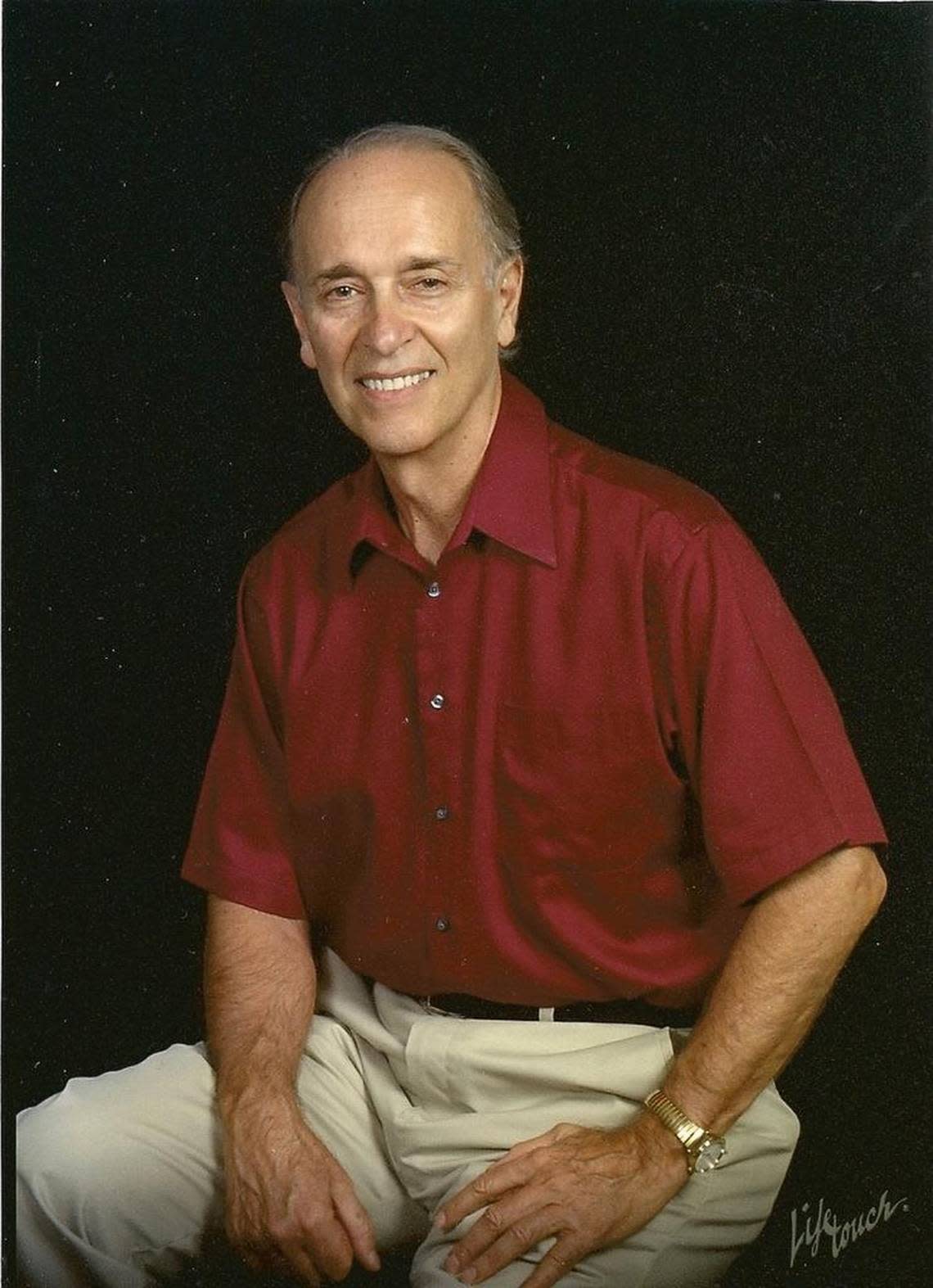Ernest Gaines, acclaimed Black writer who visited Fresno, now honored on a stamp
Ernest Gaines, author of “The Autobiography of Miss Jane Pittman,” has been honored by the issuing of a U.S. postal stamp bearing his picture. Gaines who died three years ago in his hometown of Oscar, Louisiana, spoke at Fresno City College and Fresno State and has retained a local following.
He received the National Humanities Medal and was inducted into the French Order of Arts & Letters among other awards. His books have been translated into 14 languages.
Gaines’ work dramatizes how African Americans maintained their dignity and courage despite their suffering. Fellow writer, Ralph Ellison, called this, “one of the great triumphs of the human spirit.”
The novel, “The Autobiography of Miss Jane Pittman,” covers 100 years of Jane’s life beginning in the post-bellum South when she is inspired by a Union soldier to walk north; Jane’s odyssey takes on epic proportions when it concludes a hundred years later when she walks past the authorities to integrate a public drinking fountain.
Another example of perseverance is shown in “The Sky Is Grey,” Gaines’ story about a boy who endures a throbbing toothache and hunger during what, to him as a child, is a long, cold day’s journey to the dentist. Gaines’ evocative rendering of this simple tale dramatizes how suffering can be redemptive. “They endured,” is the way another Southern writer, William Faulkner, describes such psychic stamina.
Though the African American characters in Gaines’ work may be better realized than Faulkner’s, nonetheless, Gaines knows his indebtedness to Faulkner. In fact, photos of Faulkner and Hemingway hung on Gaines’ living room wall — his “writing room” — in his spartan San Francisco apartment.
Gaines admired Faulkner for his talent of telling a story from different perspectives and his understanding of how Southerners were wedded to the land and remained close to the rigors of farming and raising chickens and hogs along with the accompanying satisfaction and joy of eating the products of their own hands with family and friends. With Hemingway, Gaines admired his parables of courage and the economy of the Midwestern dialect, which he deployed just as Gaines did with his own Louisiana dialect.
Gaines’ respect for Hemingway is like Ellison’s admiration of Hemingway’s knife-edge, nervous style because Ellison thought it actualized the alienation that blacks have felt even though the source of Hemingway’s alienation was different. In other words, alienation, like love and hate, is a feature of our common humanity.
Gaines was first inspired by the stories told by his crippled aunt Augusteen Jefferson who raised him, and by the stories of others who gathered around her kitchen table. In this way, Gaines’ life reflects what liberal historian Herbert Gutman called, “the elastic household boundaries” of the African American family.
Professor John Lowe writes: “Gaines’ work radiates that spirituality that he saw as part of the human condition.” Raised a Baptist, Gaines attended Catholic schools, though he was reluctant to discuss the Christian features in his work. However, he did say, “I don’t only believe in God. I know there’s God.”
Some think what Gaines portrays is wishful thinking because slavery caused irreparable damage to Americans of African descent. The Moynihan Report in 1965 appeared to confirm this. Written by premier social scientists, it described “the tangled pathology of the Black family.”
Yet Professor Gutman showed that the slave family was sustained by “a vibrant culture” and was as intact as other families until the 1960s.
Controversy surrounds this issue. Nonetheless, Gaines’ work stands on its own. “Artists are the antennae of the race,” as someone once wrote. Ernest Gaines confirms the high position of the artist who humbles himself enough to see the truth.
Terry Scambray of Fresno taught English at Fresno City College and has been published in New Oxford Review, Commonweal, New English Review, Touchstone, American Thinker and other venues.

